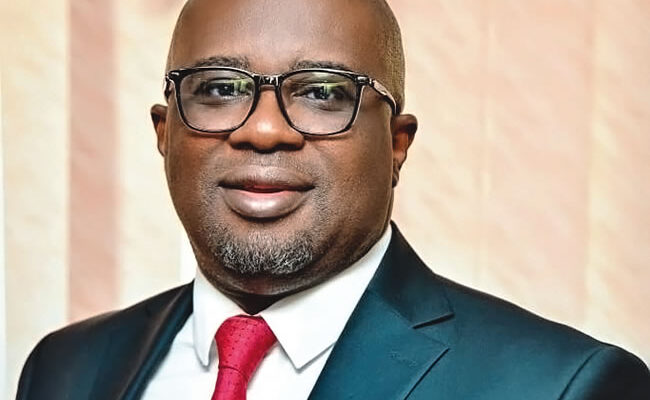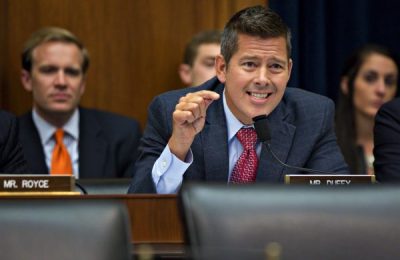Director, Media and Advocacy, NDLEA, Femi Babafemi, speaks to SATURDAY TRIBUNE. Interview by LANRE ADEWOLE.
Why is the epidemic festering despite the efforts of the agency to rid the country of drug abuse?

Like most social problems, the reasons why drug abuse festers are complicated and arise from different causes. Years of studies, drug law enforcement and counselling have provided us with enough insights, among which are availability of illicit substances. If you don’t know something exists, you won’t use it. This is the logic behind drug supply reduction and the resultant law enforcement effort. Two, peer pressure. Findings from the National Drug Use survey of 2018 indicated that most young Nigerians first come into contact with cannabis between the ages of 13 and 19; and with cocaine from 19 to 25, and usually from among their friends.
There is also the health issues. A significant number of people who abuse pharmaceutical drugs were at first issued doctor’s prescription for those drugs but later resorted to self-medication and became dependent on the drugs. There is also performance enhancement factor. We have listened to people speak about how their quest to enhance their performance in sports, education or sexually led them to using drugs and eventually became addicted.
For some, it is personality disorder, low self-esteem and trauma from whatever experience, which can predispose an individual to drug abuse. We also cannot rule out the quick-wealth syndrome. Some of them are lured into trafficking by the promise of financial gratification. Eventually, they become users of the substance they peddle. Poor parenting and bad role models go hand in hand as another factor for drug abuse.

Does it not appear that the agency is paying all attention to the barons, leaving users to a free reign?
We pay equal attention to both the dealers and users. That is why in the past 24 months, we arrested 26,458 drug traffickers, among them 34 barons. We successfully prosecuted 3,733 offenders who were convicted and handed various jail terms in court while 19,401 users were counselled and rehabilitated, majority of them through brief interventions.
What is the agency doing to curb the menace, especially among youths?
How do we remedy drug abuse situation among young people? First, we need to understand that our younger generation needs a complete reorientation. We are in an age where young people grow up in a world with conflicting messages. We have a movement of pro-cannabis people who are spreading misleading information that it is harmless and herbal and therefore good for health, and they want it legalised because it is legalised in Canada and a few other countries around the world. On the other hand, you have role models that influence young people’s behavior who are glamourising substance abuse with their art and lifestyles. And being of impressionable minds, youths are easily led astray into the dark world of drugs by these troves of disinformation around them, especially when their peers also buy the same value. What that tells us is that our society needs a holistic and all-round effort to stamp out this scourge. This is exactly what the United Nations Office on Drugs and Crime (UNODC) recommends. And it is called the Whole-of-Society approach, meaning everybody and every element of society should be involved in this task.
How is the agency localising this drive?
This was why NDLEA launched the War Against Drug Abuse (WADA) advocacy. We need to educate and enlighten our young people. We need the family, the religious institution, the educational institution and the traditional institution to be involved in this reorientation, enlightenment and education. We have been doing a lot of education on our weekly Twitter Space conversation streamed on other social media platforms, in our frequent statements, appearances on TV and radio shows, our weekly TV programme as well as our quarterly magazine, NDLEA Today, among others. By next year, we will make available easy-to-use drug testing kit that families can afford and use for early detection. But more importantly, treatment is paramount. We tell parents and guardians that drug dependence is curable. There are government and NDLEA facilities that offer affordable treatment.
What about social stigma?
If anyone is discouraged to take that action because of the prevailing social discrimination and stigma against perceived drug users, we have created a safe alternative, the toll-free drug abuse call centre where your anonymity will be protected by a team of specialists who are on standby and will attend promptly to you in English, pidgin, Hausa, Igbo or Yoruba. The centre opens 24/7 and you can access it free by dialling 0800 1020 3040. We are also working on prevention through school-based strategies.
On the issue of curriculum concerning drug problems, NDLEA is working with the Federal Ministry of Education to integrate drug use and abuse problems into relevant subjects in primary, secondary and tertiary institutions. But above all, the biggest responsibility lies with parents, the family, the home where young people are nurtured. Parents have to develop skills for building strong family bonds. A close-knit family environment provides a supportive setting for avoiding drug use by youths. And good parenting provides a home environment that will discourage the use of habit-forming substances.
READ FROM ALSO NIGERIAN TRIBUNE







